But has anyone wondered: Throughout history, what else have foods and drinks reflected besides taste and identity? This question was answered by author Erica J.Peters in the book "Pleasure and Desire or the Story of Food and Drink in the 19th Century Vietnam" (translated by Trinh Ngoc Minh, Ho Chi Minh City General Publishing House, 2023) by showing that food is not only for eating and drinking but also a mirror reflecting the power, status and aspirations of Vietnamese people in a turbulent historical period. The book won the C prize of the 7th National Book Award, 2024.
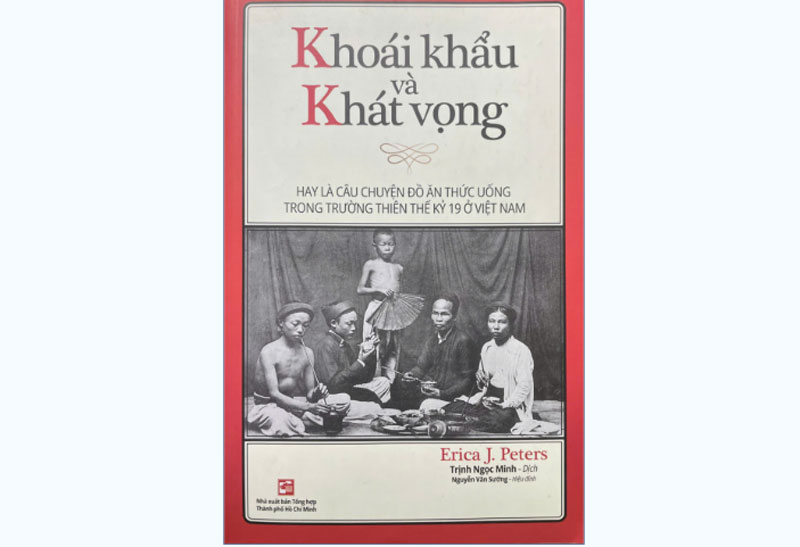 |
| Book cover. |
Going back in time, author Erica J. Peters takes readers back to the 19th century when placing food in relation to politics and literature. As in the royal court, cuisine was elevated to a symbol of power through the way of preparing delicious and exotic foods. During the reign of King Tu Duc, “each meal included 50 dishes, prepared by a team of 50 chefs. The ingredients offered were all the best products of Vietnam.” Behind the splendid parties was the indignation when specialties were swept away from the countryside and food rations became a sign of injustice when famine and crop failure still often occurred. Or Trinh Hoai Duc in “Gia Dinh Thanh Thong Chi” described the rich and diverse Southern region in food and drink to call for land reclamation and encourage migration. And in Ho Xuan Huong’s poetry, jackfruit, sticky rice balls, and floating cakes are not simply food but also evoke gender inequality and the desire for freedom. Cuisine, therefore, not only nourishes people but also participates in social discourse as a tool for class distinction and exposing injustice.
One of the highlights of the work is the way the author depicts the culinary relationship between the French and the Vietnamese during the period of French colonial rule. The French came to Vietnam with concerns about local food. They chose canned food and maintained their own way of processing not because of convenience, but mainly to avoid a feeling of insecurity. However, that boundary was not really strong, because in the kitchen, the Vietnamese were still the chefs, assistant chefs and direct servers, gradually bringing local flavors into the French banquet table. On the other hand, the Vietnamese middle class began to learn how to eat canned food and enjoy imported fruits to show off their differences and affirm their social status. From then on, food became a tool to enter the upper class, before being turned into a political weapon by the national movement through the struggles against the monopoly of alcohol, salt and fish sauce, opening the way to connect the culinary issue with the later national and class liberation.
Author Erica J. Peters looks beyond the kitchen, placing it in a broader relationship with power, society, culture, and human aspirations. Through diverse sources such as history books, letters, and literature, the author demonstrates that food is not only a reflection of taste but also a mirror of a turbulent period in Vietnam's history.
The content of the book shows that cuisine has never been simply about eating and drinking. Behind a grain of rice, a piece of cake or a drink are signs of social stratification, cultural collisions and the journey to find identity, affirming the right to live of people and furthermore of the nation. Therefore, the book not only attracts readers interested in cuisine but also attracts those who love history, culture and politics because each page reveals a story about people and past times.
Source: https://www.qdnd.vn/van-hoa/sach/ket-noi-van-hoa-doc-ke-cau-chuyen-thoi-dai-qua-am-thuc-1007502




![[Photo] The road connecting Dong Nai with Ho Chi Minh City is still unfinished after 5 years of construction.](https://vphoto.vietnam.vn/thumb/1200x675/vietnam/resource/IMAGE/2025/11/04/1762241675985_ndo_br_dji-20251104104418-0635-d-resize-1295-jpg.webp)
![[Photo] Ca Mau "struggling" to cope with the highest tide of the year, forecast to exceed alert level 3](https://vphoto.vietnam.vn/thumb/1200x675/vietnam/resource/IMAGE/2025/11/04/1762235371445_ndo_br_trieu-cuong-2-6486-jpg.webp)
![[Photo] Panorama of the Patriotic Emulation Congress of Nhan Dan Newspaper for the period 2025-2030](https://vphoto.vietnam.vn/thumb/1200x675/vietnam/resource/IMAGE/2025/11/04/1762252775462_ndo_br_dhthiduayeuncbaond-6125-jpg.webp)
![[Photo] Ho Chi Minh City Youth Take Action for a Cleaner Environment](https://vphoto.vietnam.vn/thumb/1200x675/vietnam/resource/IMAGE/2025/11/04/1762233574890_550816358-1108586934787014-6430522970717297480-n-1-jpg.webp)
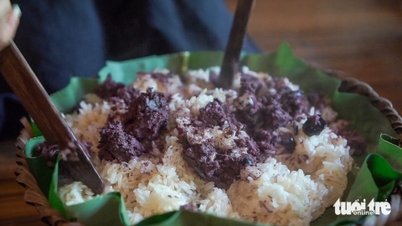



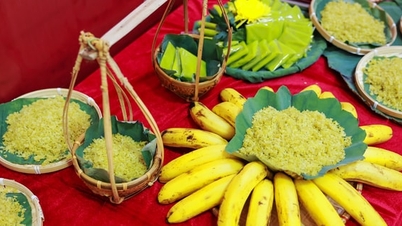

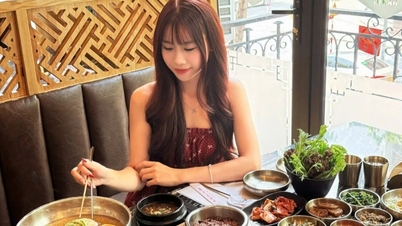

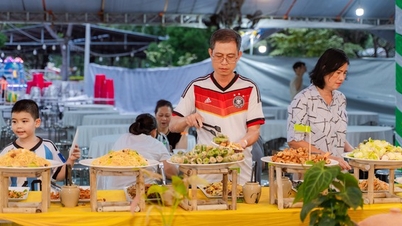







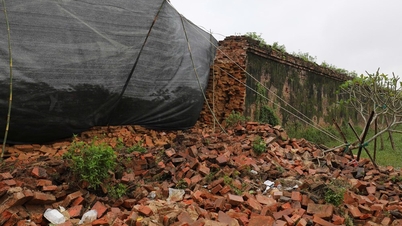








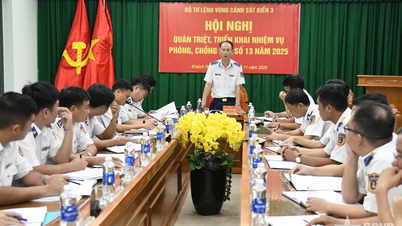
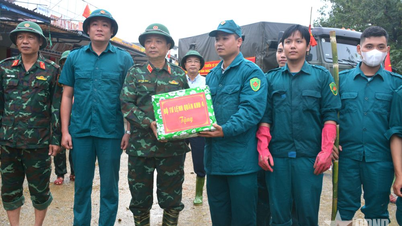



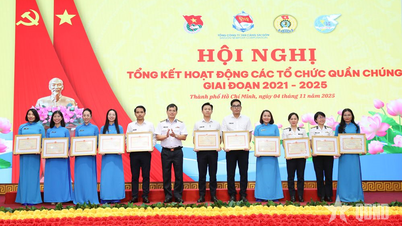



















































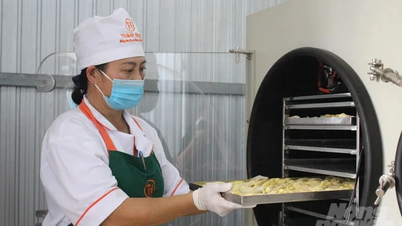
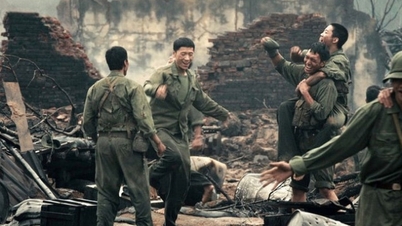










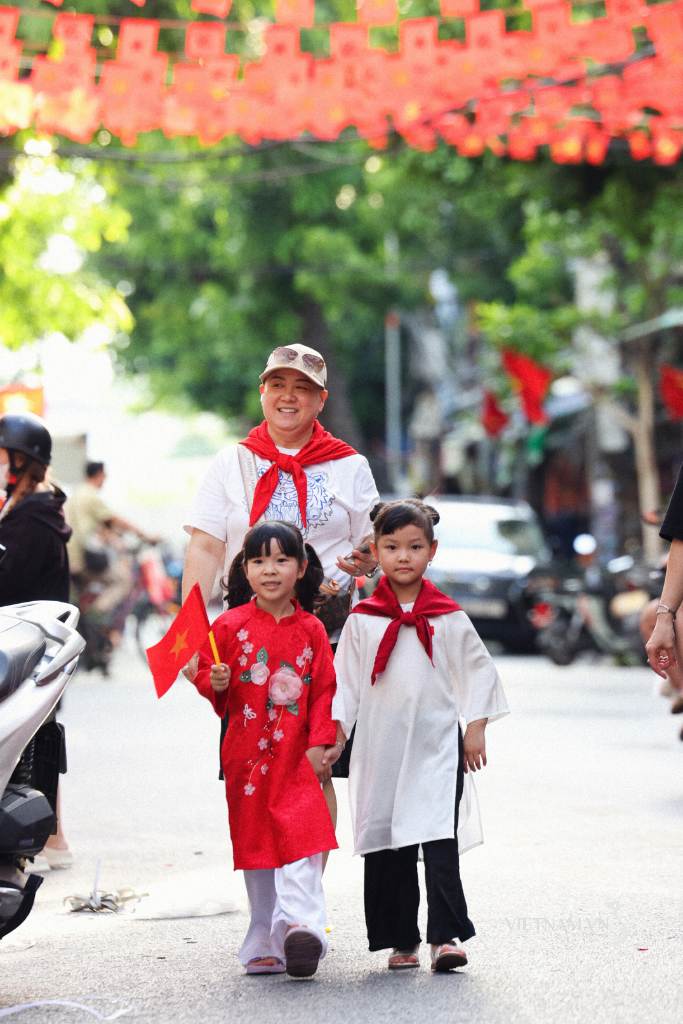

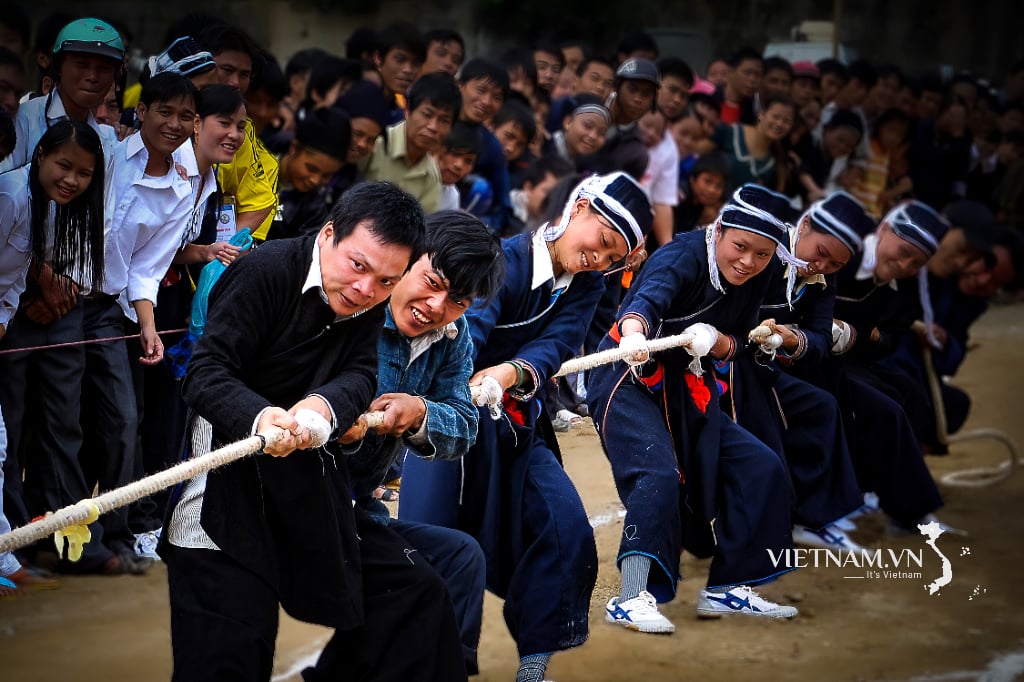

Comment (0)